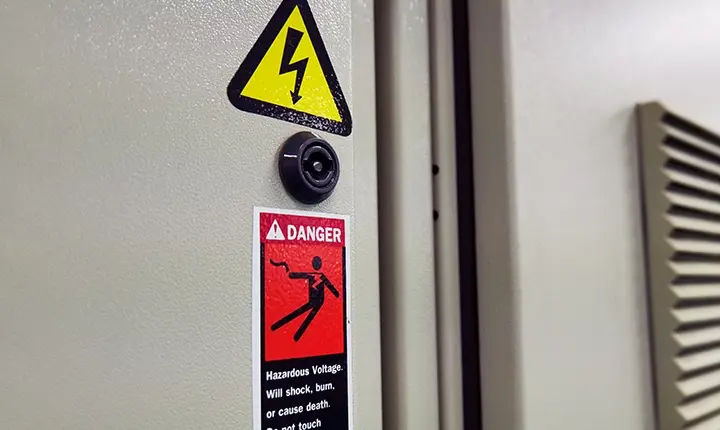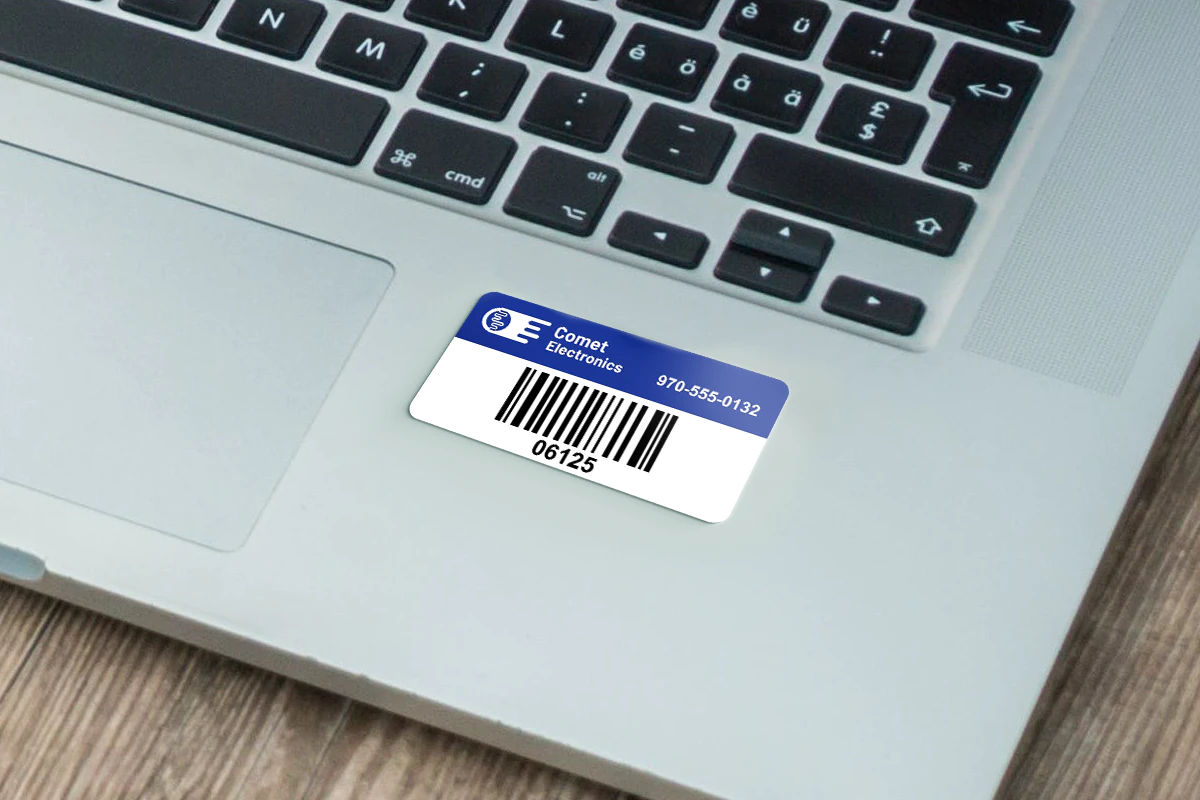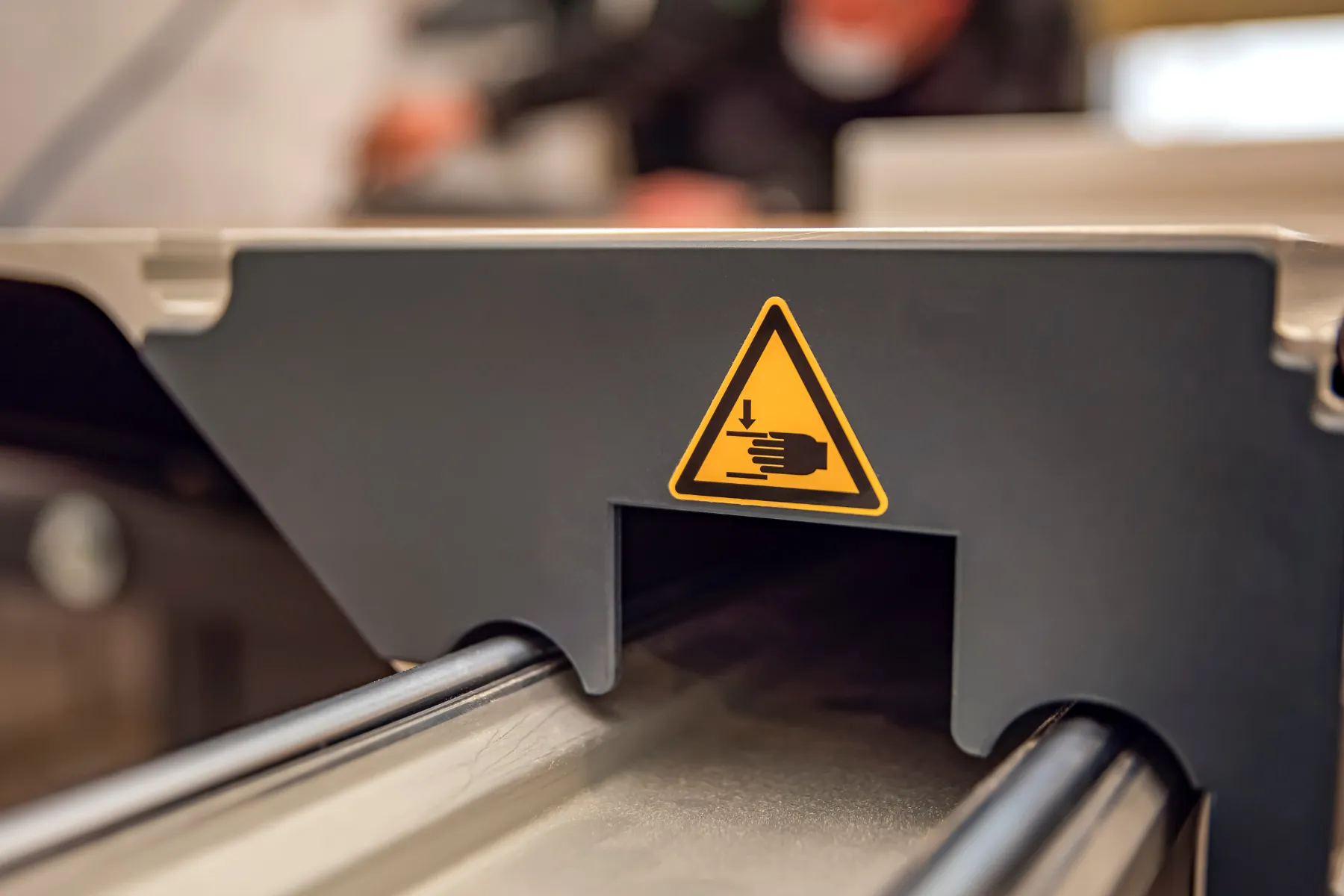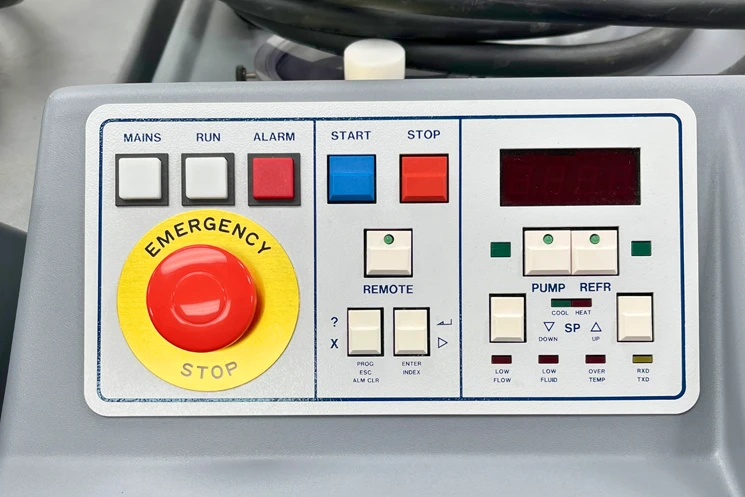Understanding Permanent Labels for Equipment
In industrial environments, maintaining safety and efficiency is paramount. Permanent labels for equipment play a crucial role in achieving these goals. These labels ensure that essential information is always visible and accessible, helping to prevent accidents and streamline operations.
This article will provide an in-depth look at permanent labels for equipment, their benefits, and how to choose the right type for your needs.
What Are Permanent Labels?
Made from durable materials, these labels resist environmental factors such as extreme temperatures, chemicals, and abrasion. They are made with permanent adhesive that is not designed to be removed and is more durable than other adhesive types.
They are used to display important information like safety warnings, operational instructions, and identification codes.
Key Features of Permanent Labels:
- Durability: Long-lasting materials that withstand harsh conditions.
- Adhesion: Strong adhesives that prevent peeling or falling off.
- Legibility: Clear printing that remains readable over time.
- Customization: Tailored to fit specific requirements of different equipment.
Example: A manufacturing plant uses permanent labels to mark machinery parts with safety warnings and operational guidelines, ensuring that workers have constant access to crucial information.
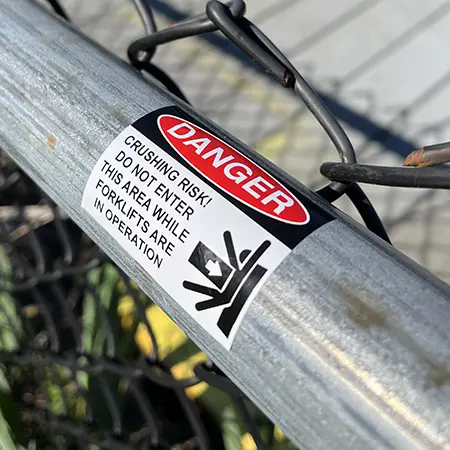
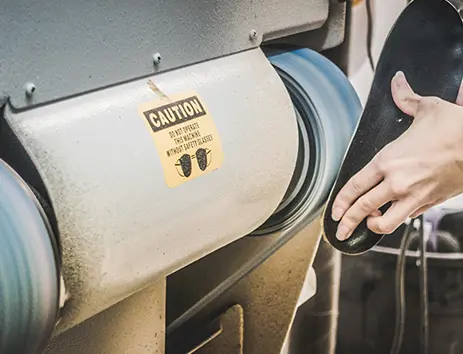
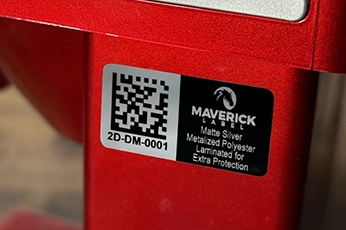
Benefits of Using Permanent Labels
Enhancing Safety
Industrial safety labels are essential for enhancing safety in industrial settings. They provide clear, visible warnings and instructions that help prevent accidents and injuries. By consistently displaying critical information, industrial safety labels ensure that safety protocols are followed.
Benefits:
- Visible Warnings: Highlight potential hazards clearly.
- Instructions: Provide operational guidelines to ensure proper use.
- Compliance: Help meet regulatory standards and safety codes.
Example: In a chemical processing plant, permanent labels identify hazardous materials and provide safety instructions, reducing the risk of accidents and ensuring compliance with safety regulations.
Improving Operational Efficiency
Permanent labels also contribute to operational efficiency. By clearly marking equipment and providing essential information, these labels help streamline processes and reduce downtime. They enable quick identification of tools and machinery, facilitating faster and more accurate maintenance and repairs.
Benefits:
- Identification: Quickly identify equipment and components.
- Maintenance: Simplify maintenance procedures with clear labeling.
- Efficiency: Reduce downtime by ensuring information is always available.
Example: A logistics company uses permanent labels on their sorting equipment to identify different conveyor belts and machinery parts, making it easier for technicians to perform maintenance and repairs promptly.
Choosing the Right Permanent Labels
Types of Permanent Labels
There are various types of permanent labels, each suited to different applications:
- Vinyl Labels: Flexible and durable, suitable for outdoor use where labels must withstand weather conditions.
- Polyester Labels: Resistant to abrasion and chemicals, perfect for equipment that requires frequent cleaning.
- Metal Labels: Made from materials like aluminum offering the highest durability for extreme conditions.
- LEXAN®: A durable, high-performance polycarbonate material known for its clarity and impact resistance, making it ideal for harsh environments.
Factors to Consider When Selecting Labels
When choosing permanent labels for your equipment, consider the following factors:
- Environment: Assess the environmental conditions the labels will face, such as temperature extremes, moisture, and chemical exposure.
- Surface Type: Ensure the label material and adhesive are compatible with the surface material.
- Durability Requirements: Determine the level of durability needed based on the equipment’s usage and environment.
- Customization Needs: Consider if the labels need specific information or designs tailored to your equipment.
Example: An oil refinery might select phenolic tags for their chemical resistance and high-temperature tolerance, while a food processing plant might choose polyester labels for their durability and resistance to frequent cleaning.
FAQs
What Materials Are Used for Permanent Labels?
Permanent labels can be made from a variety of materials, each offering specific benefits:
- Vinyl: Flexible and weather-resistant, suitable for outdoor use.
- Polyester: Resistant to abrasion and chemicals, perfect for equipment requiring regular cleaning.
- Metal (Aluminum): Offers the highest durability and resistance to extreme conditions but is less flexible.
- LEXAN®: a durable, high-performance polycarbonate material known for its clarity and impact resistance, making it ideal for harsh environments.
Example: A mining operation might use aluminum labels for their durability and ability to withstand rough handling and extreme environmental conditions.
Can Permanent Labels Be Customized for Specific Equipment?
Yes, permanent labels can be fully customized to meet the specific needs of different equipment. Customization options include size, shape, color, and the information displayed. This ensures that the labels provide the exact information needed in a format that fits the equipment perfectly.
Customization can also include adding company logos, barcodes, and serial numbers for better tracking and identification.
Example: A hospital might use customized permanent labels on medical equipment to include important operational instructions, safety warnings, and maintenance schedules.
Wrapping Up
Permanent labels for equipment are essential for enhancing safety and efficiency in various industrial settings. By providing durable, legible, and reliable information, these labels help prevent accidents and streamline operations.
When selecting permanent labels, consider the specific needs of your environment and equipment to choose the right type. For more information and to purchase high-quality permanent labels, visit Maverick Label.
